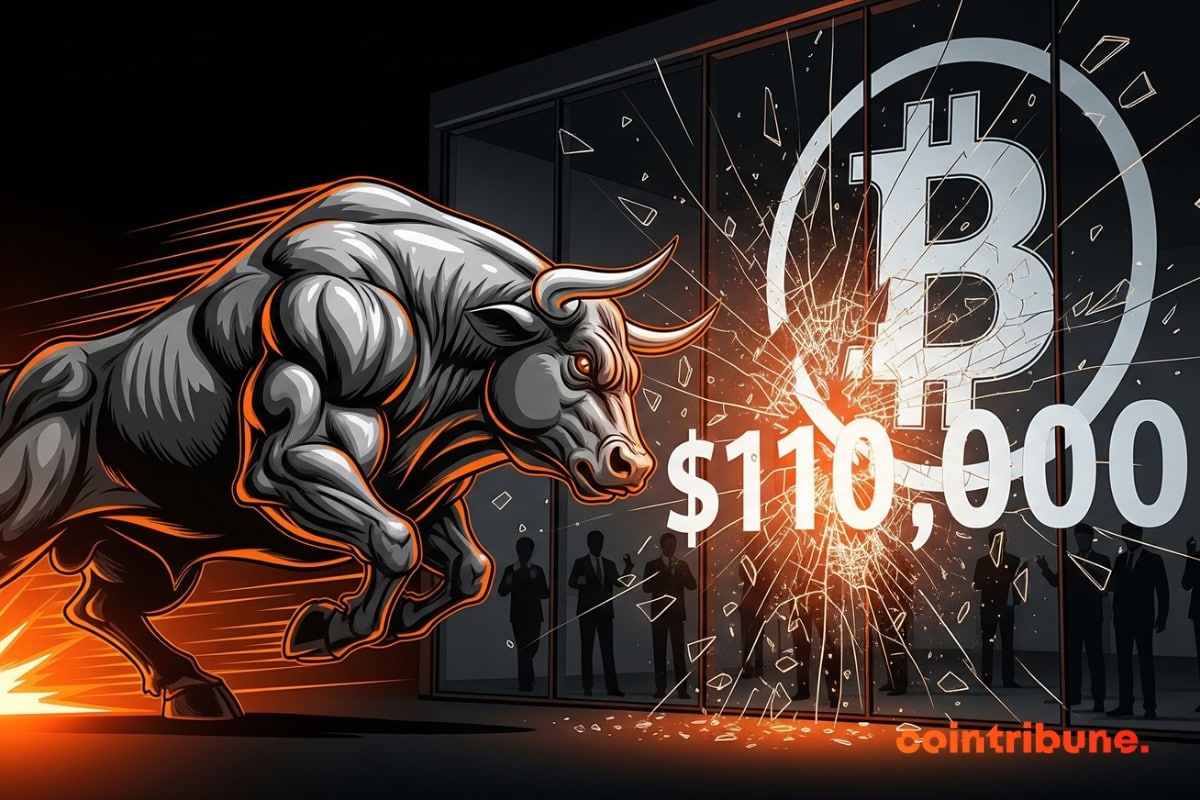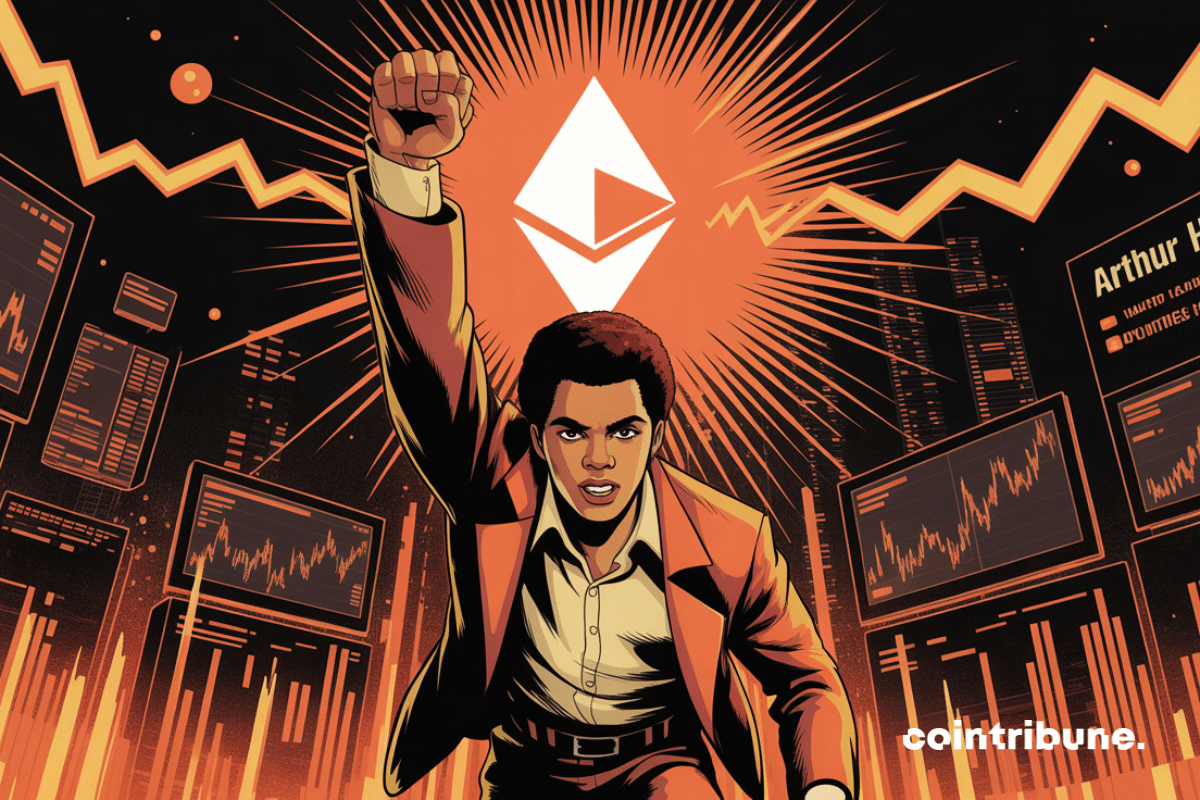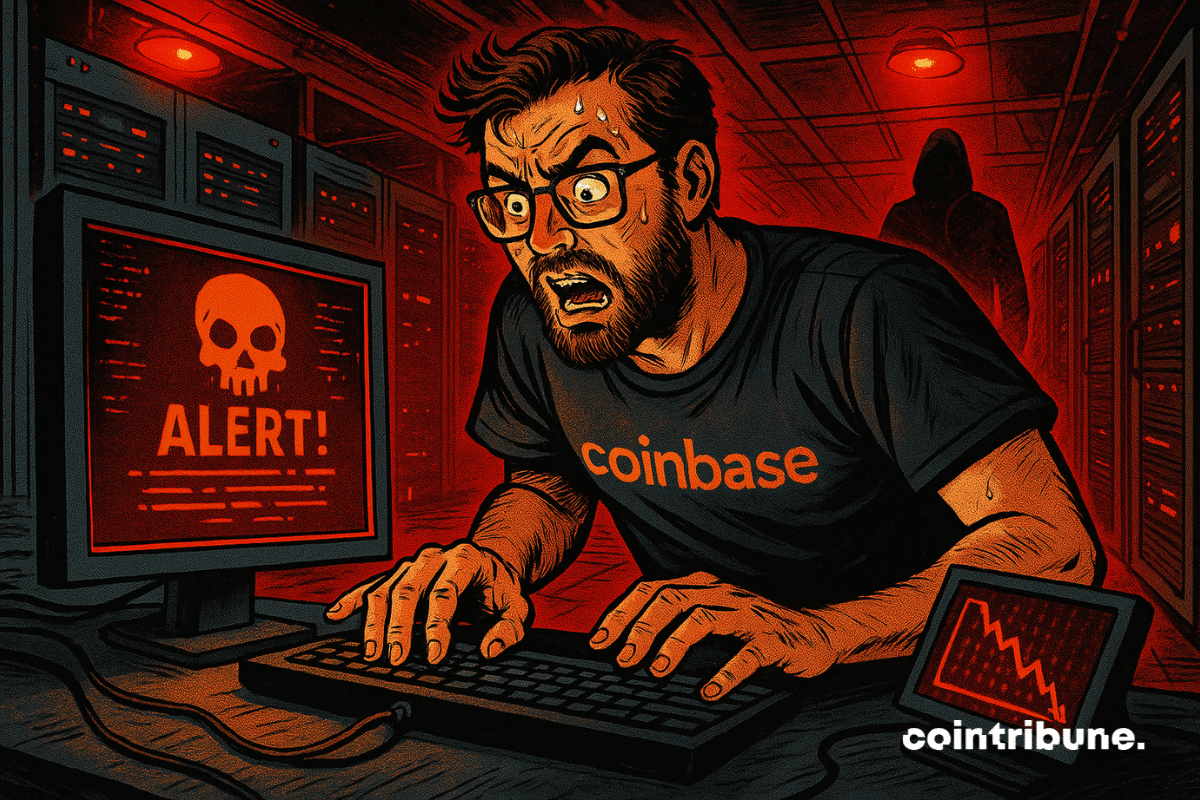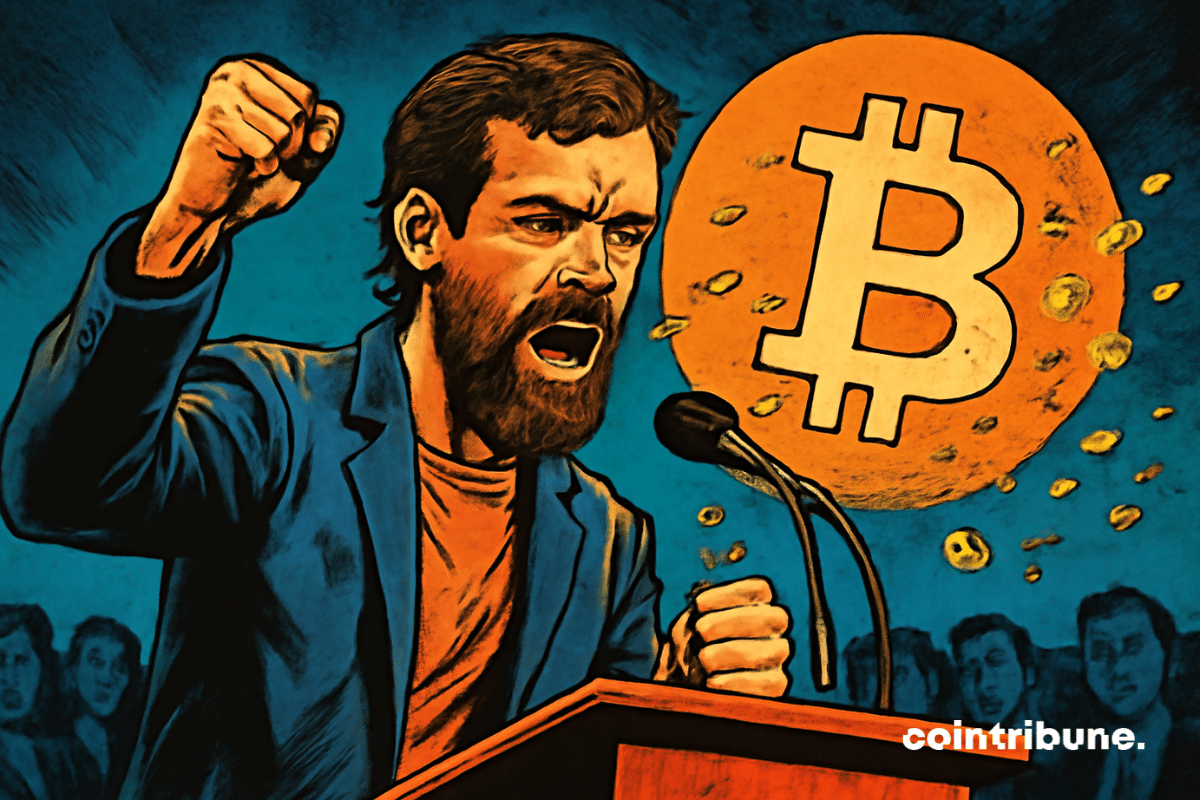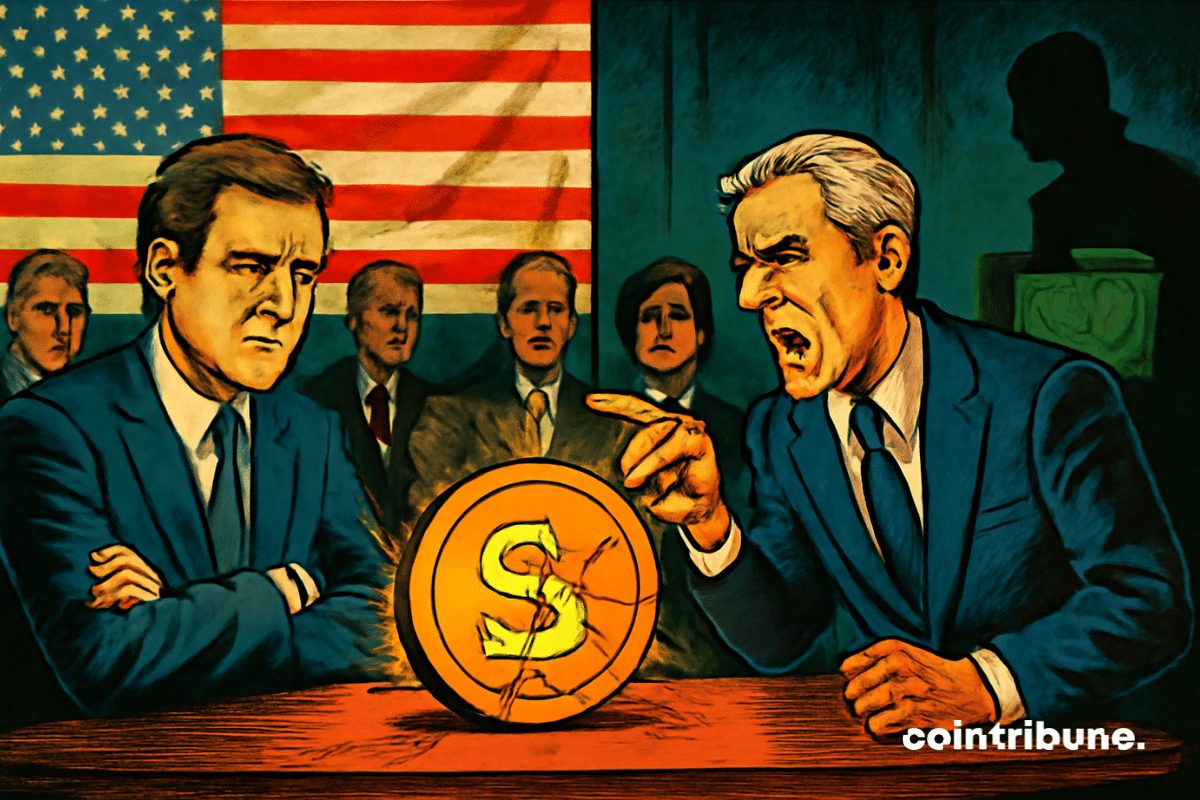Bitcoin could surpass $110,000 this week, propelled by several key signals indicating a rapid increase. This crucial threshold rekindles hopes and tensions, where every movement from investors will determine whether the market soars or experiences a sharp decline. Is a new ATH underway for BTC?
Archive May 2025
The Chinese printer manufacturer Procolored has allegedly distributed drivers infected with malware that steals Bitcoin. This information was reported this week by the press in the Asian country and indicates that 9.3 BTC were stolen. The manufacturer stated that it has removed the infected drivers, but they were made available for global download. This issue is said to have been discovered through the insistence of a YouTuber.
Ethereum is hovering around $2,400. Arthur Hayes is betting on a spectacular rebound and surpassing Solana by 2025. Discover why.
In a new episode of the FTX-Binance saga, the world's largest cryptocurrency exchange is seeking the dismissal of a massive lawsuit. Binance describes FTX's accusations as "legally deficient" and refuses to accept responsibility for the collapse of its rival, instead pointing to the massive fraud orchestrated by Sam Bankman-Fried.
Cybersecurity is no longer an abstract issue for players in the crypto space. At Coinbase, a recent leak of personal data has triggered a tangible risk: the risk of physical attacks. Michael Arrington, founder of TechCrunch, states that this breach "will lead to deaths." In an ecosystem where anonymity is often a guarantee of security, this incident raises a latent concern: that digital vulnerabilities may spill over into the real world.
Launched as a revolution in mobile mining, Pi Network has captivated millions of investors before faltering under the weight of its own promises. Since the launch of its mainnet in February 2025, the project has faced setbacks: blocked tokens, lack of listing on major platforms, and ambiguity around its funding. The result is a drop of over 75% in price within three months and a disillusioned community. Behind the initial excitement, doubt is emerging about the actual viability of this "inclusive" cryptocurrency.
Bitcoin moves forward, stumbles at times, but never fails to intrigue. Today, Jack Dorsey, co-founder of Block, challenges a belief set in stone for 15 years: the place of satoshis. Supporting the controversial BIP 177, he aims to rename the smallest unit of bitcoin and abolish the endless decimals forever. The goal: to make crypto payments as intuitive as a tap on a smartphone.
Bitcoin takes a decisive step: states are increasing their exposure via Strategy, circumventing regulatory barriers. This growing institutional adoption fuels the projection of a bitcoin at 500,000 dollars by 2029, heralding a major revolution for financial markets and the role of BTC in the global economy.
As cryptocurrency gradually reshapes the lines of global financial power, the American Democratic Party is experiencing an unprecedented political storm. The Senate vote on May 19 for the GENIUS Act – a regulatory framework for stablecoins – has fractured the already fragile unity of the Democrats. By agreeing to move forward with the legislation, sixteen senators chose to navigate murky waters, risking the alienation of their own electorate.
The online trading giant Robinhood has taken a bold step by submitting a detailed proposal to the U.S. SEC. The goal? To create a national framework for the tokenization of real-world assets. But behind this initiative lies a much larger ambition: to revolutionize the traditional financial infrastructure.
